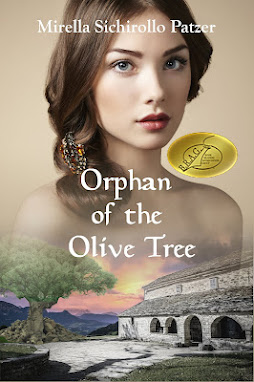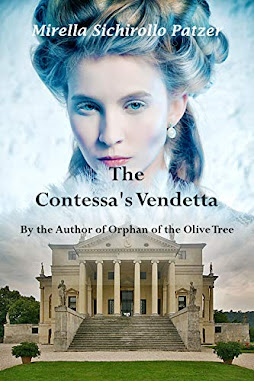21st Century
Franca Viola and the battle against La Fuitina
In Sicily, there was a romantic practice called La Fuitina. Young couples in love would secretly run away from home to be together. They would return in a few days, hand in hand, demonstrating to the world that they had been intimate. Of course, the girl’s reputation would be in tatters. The only way to repair it was to have the couple repair the damage by marrying, a practice dubbed matrimonio riparatore (reparation marriage). For poor families who could not afford dowries for their daughters, the practice was encouraged by the parents. How very romantic indeed!
But all that shines is not gold. The practice could also be used for more nefarious purposes. Girls could find themselves unwilling victims. Rejected suitors or unwanted admirers would kidnap the object of their affection then rape her. In this way, he would get the girl and then rely on a reparation marriage to protect him from prosecution. How could this be? Well, according to Article 544 of the Italian Criminal Code, sexual violence was considered an offence against morals and not against the person. Any girl who suffered the disgrace of losing her virginity had little choice – she either submitted to a reparation marriage to restore her honour and that of her family, or she faced a future as a shunned spinster, labeled as a tarnished slut, and would be forever to blame for the violence she had endured.
Franca Viola
Franca Viola was a beautiful seventeen year old who lived in the small Sicilian town of Alcamo with her farming family. For many months, Filippo Melodia, a young man with Mafia connections, made advances towards her, which she virtuously and repeatedly discouraged and snubbed. Determined to get his girl, Filippo gathered twelve of his friends and dragged Franca and her younger brother kicking and screaming into a car. They were driven to an isolated farmhouse on the outskirts of town. There, Filippo took her virginity by raping her. Soon afterwards, they released her brother, but kept Franca in seclusion, repeatedly raping her for more than a week. Viola's father pretended to come to terms with the kidnappers while actually collaborating with the Carabinieri police in preparing a successful dragnet operation. After more than a week, Franca Viola was released and her kidnappers arrested
Of course, Melodia offered Franca reparation marriage, for a rapist who married his victim would have his crime automatically extinguished. But Franca courageously refused, acting against what was the common practice in the Sicilian society of the time. According to traditional social code, this choice would make her a donna svergognata, without hounour. This marked the beginning of the family’s troubles.
Most of the townfolk ostracized them. Franca’s father received death threats. Their family were menaced and persecuted, to the point of having their vineyard and cottage burned to the ground. During Melodia’s trial, and that of his accomplices, his lawyers worked hard to discredit Franca, alleging she had encouraged and consented to the fiutina. Thankfully, the judges refused to believe it. Melodia received 11 years imprisonment. Five of his partners in crime were acquitted, and those remaining were given very lenient sentences. Melodia appealed his sentence and it was reduced to 10 years with 2 of those years to be served in Modena.
Franca married her childhood sweetheart and together they had three children. The president of the Italian republic sent them a gift on their wedding day and Pope Paul VI received them in a private audience.
Filippo Melodia was released from prison in 1976. Two years later, he was killed in a mafia-style execution.
The case so beguiled the country that a movie, The Most Beautiful Wife, was made of Franca’s story. It brought Franca fame as a national icon for feminism, a status she never took advantage of. The article of law whereby a rapist could extinguish his crime by marrying his victim was abolished ten years later in 1981.
Franca Viola Today
Today, Franca is a grandmother living with her family in Alcamo. When asked to comment on the stance she took against archaic values and behavioural mores, she said, “It was not a courageous gesture. I only did what I felt I had to do, as any other girl would do today. I listened to my heart.”
Brava Franca. You helped transform Italian society and led the way for women everywhere to also say “No!”






















Post a Comment
9 Comments
WG
I'm not very familiar with the Sicilian dialect - my parents are Veneto and Abruzzese. But I think the translation means Little Flight or Little Escape or something similar. If anyone reads this and can translate Sicilian, please let us know.
Fuitina is a term of sicilin dialect but used (with some variations) in some part of south Italy: Sicilia, Campania, Calabria, Puglia. There is not an italian traslation. It can be traslated in english as "little escape", "little flee": For example if the father of the girl didn't want a boy for her daughter, but if she loved him, the lovers decided to "escape" for some days. They decide to do a "fuitina". They had sex so the father was forced to accept the boy as husband for her daughter because no one would had her daughter as wife because not virgin.
Clearly it refers only to the past!. Now in italy every girls have sex before marriage and decide about her husband so there aren't "fuitina" now! ;)